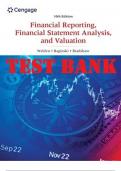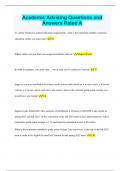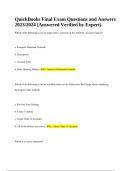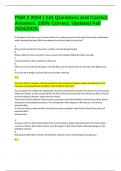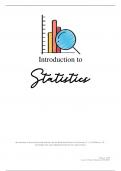Other
TEST BANK for Financial Reporting, Financial Statement Analysis and Valuation 10th Edition by Wahlen. All Chapters 1-14. 251 Pages (Answers Are At The End Of Each Chapter)
- Course
- Institution
TEST BANK for Financial Reporting, Financial Statement Analysis and Valuation 10th Edition by Wahlen. All Chapters 1-14. 251 Pages
[Show more]
